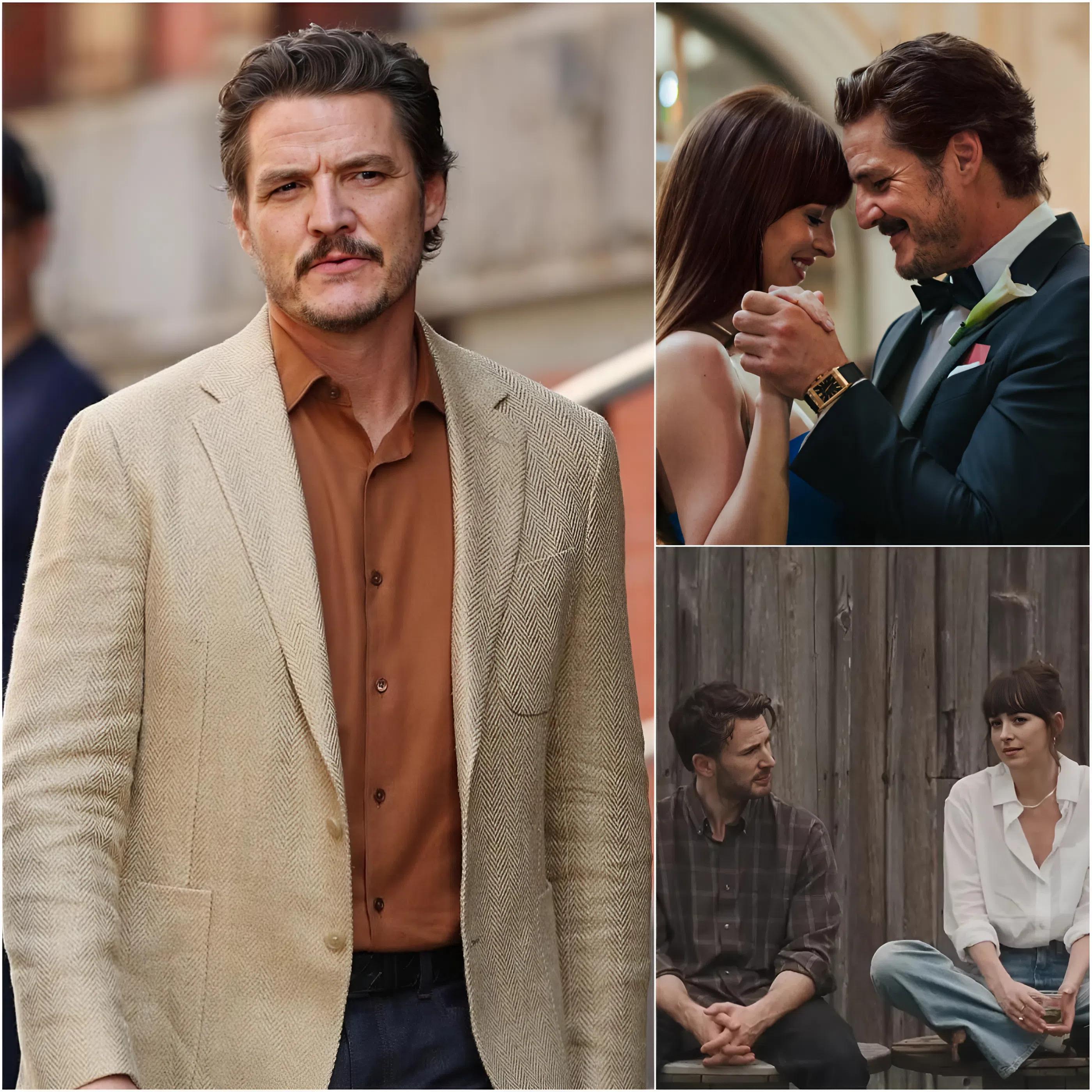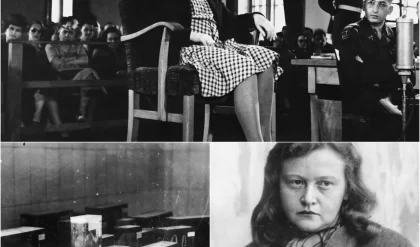In a recent Vanity Fair interview, Pedro Pascal, the charismatic star of Materialists (2025), opened up about the film’s piercing exploration of love, money, and modern relationships, revealing his own vulnerabilities and perspectives on romance in today’s world. Directed by Celine Song, Materialists is a romantic drama that sidesteps the frothy conventions of a typical rom-com, opting instead for a raw, introspective look at how financial pressures shape love. Pascal’s role as Harry, a wealthy private equity investor caught in a love triangle with matchmaker Lucy (Dakota Johnson) and her ex-boyfriend John (Chris Evans), has sparked heated discussions among audiences. His candid reflections on the film’s themes and his personal connection to its narrative offer a compelling lens into the age-old question: Can love triumph over materialism?

Pascal, known for his roles in The Last of Us and The Mandalorian, admitted that stepping into Materialists was daunting. “It was the oldest I’d ever felt in life,” he told Vanity Fair, citing physical exhaustion from a back injury sustained on Gladiator II and a fall at his father’s house in Chile. “It was the weakest I’d ever felt. It was such a scary, fraudulent thing to feel like I could play somebody who was the catch of Manhattan.” Yet, this vulnerability fueled his portrayal of Harry, a character dubbed a “unicorn” for his wealth, charm, and emotional availability. Pascal drew inspiration from classic rom-com leading men like Harrison Ford in Working Girl and Cary Grant, aiming to make Harry likable without slipping into caricature. “It was really important for Harry to not be a villain, or for him to be a joke,” director Celine Song emphasized, praising Pascal’s ability to imbue the character with an “open wound” quality that makes audiences root for him.
The film’s narrative, set against New York City’s luxury-driven dating scene, follows Lucy, a matchmaker who believes love and money are inseparable. Her encounters with Harry, who offers financial security, and John, a struggling actor with whom she shares a deep emotional history, force her to confront what she truly values. Pascal’s take on the film’s central question—heart or material?—is grounded in a realism that resonates with today’s era. “Love is a challenge,” he said in a GQ interview, reflecting on a conversation with Song about “the holiness of love” and its inherent difficulties. He sees Materialists as a mirror to a society where financial stability often overshadows emotional connection, yet he believes love remains a sacred pursuit, even if it’s messy and imperfect.

Pascal’s own experiences shaped his approach to Harry. He spoke of the pressure to project perfection, especially in a world obsessed with status. In the film, Harry’s vulnerability is laid bare in a pivotal scene where he reveals undergoing leg-lengthening surgery to boost his confidence, a confession that underscores his insecurities despite his wealth. This moment, which Pascal played with raw sincerity, has divided audiences. Some, as noted on social media platforms like TikTok, call the film “broke man propaganda,” arguing Lucy’s choice between Harry and John glorifies settling for less. Others, including Pascal, see it as a critique of equating material worth with personal value. “You can’t manufacture love,” he remarked, echoing the film’s message that true connection defies checklists of wealth or status.
The film’s mixed reception, with a 79% Rotten Tomatoes score and a B– CinemaScore, reflects its challenging narrative. Critics like Owen Gleiberman of Variety praise its “sharp and serious social romantic drama,” while others, like Mashable’s Kristy Puchko, note its lack of traditional rom-com spark, partly due to the intentional lack of chemistry between Pascal and Johnson. Pascal acknowledged this, saying the dynamic was meant to feel transactional, mirroring Lucy’s pragmatic view of relationships. “We hung out constantly,” he said of his co-stars, emphasizing their off-screen bond, yet the film deliberately portrays Harry and Lucy as a “perfect” couple on paper, not in passion.

For Pascal, Materialists is a call to reflect on what love means in a materialistic age. He believes people are drawn to both—the heart’s pull and the comfort of security—but the film suggests there’s no perfect choice. “Love is the last religion,” an elderly couple in the film declares, a sentiment Pascal echoes when he speaks of its enduring, if elusive, power. As audiences debate Lucy’s decision, Pascal’s performance and insights remind us that love, while costly, remains the one thing money can’t buy.





